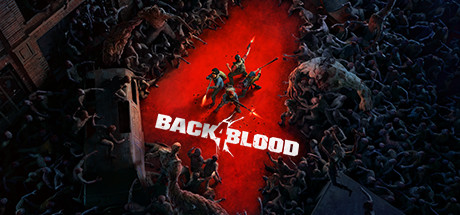Install Steam
login
|
language
简体中文 (Simplified Chinese)
繁體中文 (Traditional Chinese)
日本語 (Japanese)
한국어 (Korean)
ไทย (Thai)
Български (Bulgarian)
Čeština (Czech)
Dansk (Danish)
Deutsch (German)
Español - España (Spanish - Spain)
Español - Latinoamérica (Spanish - Latin America)
Ελληνικά (Greek)
Français (French)
Italiano (Italian)
Bahasa Indonesia (Indonesian)
Magyar (Hungarian)
Nederlands (Dutch)
Norsk (Norwegian)
Polski (Polish)
Português (Portuguese - Portugal)
Português - Brasil (Portuguese - Brazil)
Română (Romanian)
Русский (Russian)
Suomi (Finnish)
Svenska (Swedish)
Türkçe (Turkish)
Tiếng Việt (Vietnamese)
Українська (Ukrainian)
Report a translation problem















what a sheep lol
This is not a fair claim for 99% of games. That 1% is stuff like SS13, Dwarf Fortress, Aurora 4X, etc which extensive training, teaching, and learning to even engage with at the most basic level.
1. If a game fails to engage you with its core loop within 10 hours, the game has fundamentally failed to communicate itself.
2. If the game "Changes later on and is better" or similar, then it has put itself in the position where you either like a core loop which will disappear or you go through a poor core to reach "the good part".
3. If someone spends extensive playtime to understand those systems (say, 50+h), then people will WITHOUT FAIL say "Oh but you spent <time> on game some clearly it can't be as bad as you say it is![/b].
You can tell if a game is worth your time after playing it for over half of a waking day.